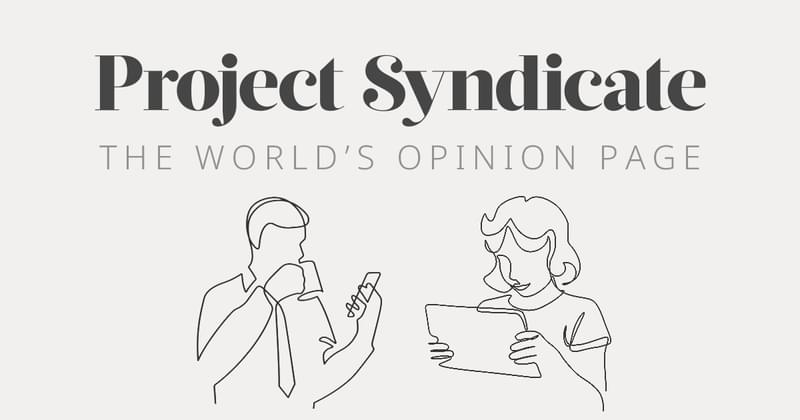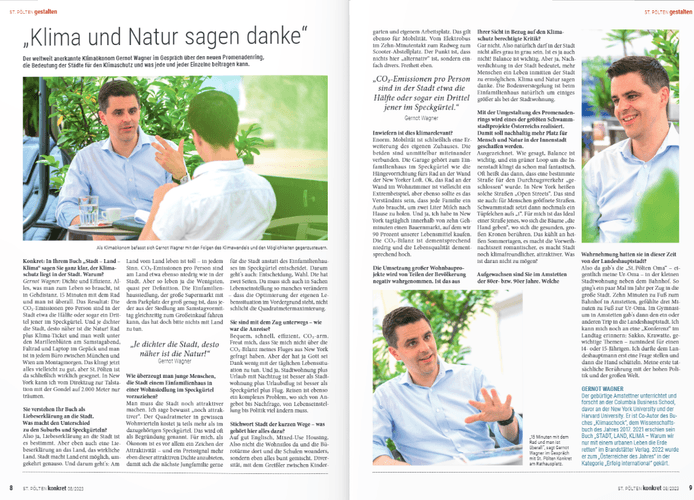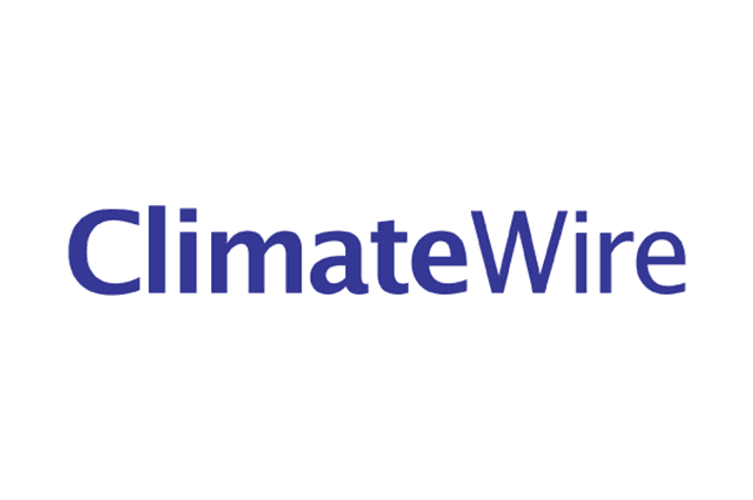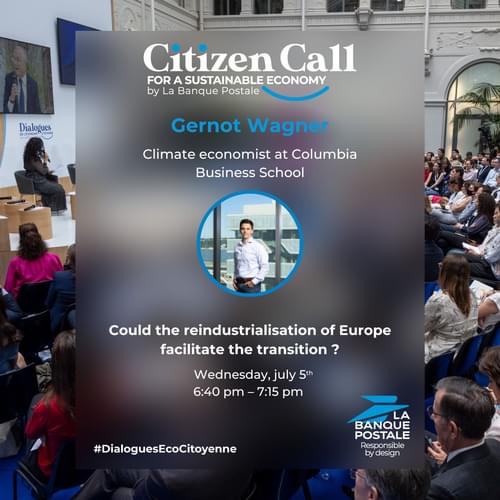"Are Cities Saving the World?"
Deutsche Welle

Deutsche Welle

Alpbach, Austria

Interview with Akiko Fujita & Seana Smith

By Ed Ballard, Jason Douglas, and Jon Emont

As long as coal plants are still operating, it is a good idea to require them capture their carbon dioxide emissions. But those designing policies to hasten such practices must tread carefully, lest they unwittingly extend the life of dirtier energy sources.

By Emily Pontecorvo

Gespräch mit Michael Koppensteiner

By Jean Chemnick

Conversation with Josh Spodek
Amerikahaus, Munich

Hint: It's about minimizing risks and uncertainties.

By Jean Chemnick

by Charles Komanoff & Gernot Wagner

By Scott Patterson, Jennifer Hiller, and Alyssa Lukpat

Paris, France


Columbia Business School Case

Columbia Business School Case

Gespräch mit Lydia Matzka-Saboi

von Matthias Auer
